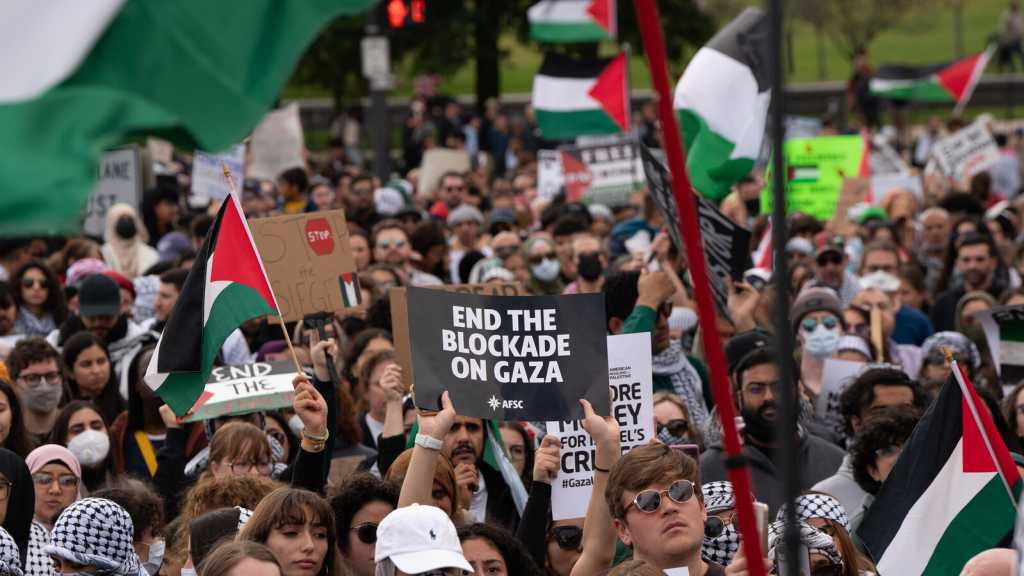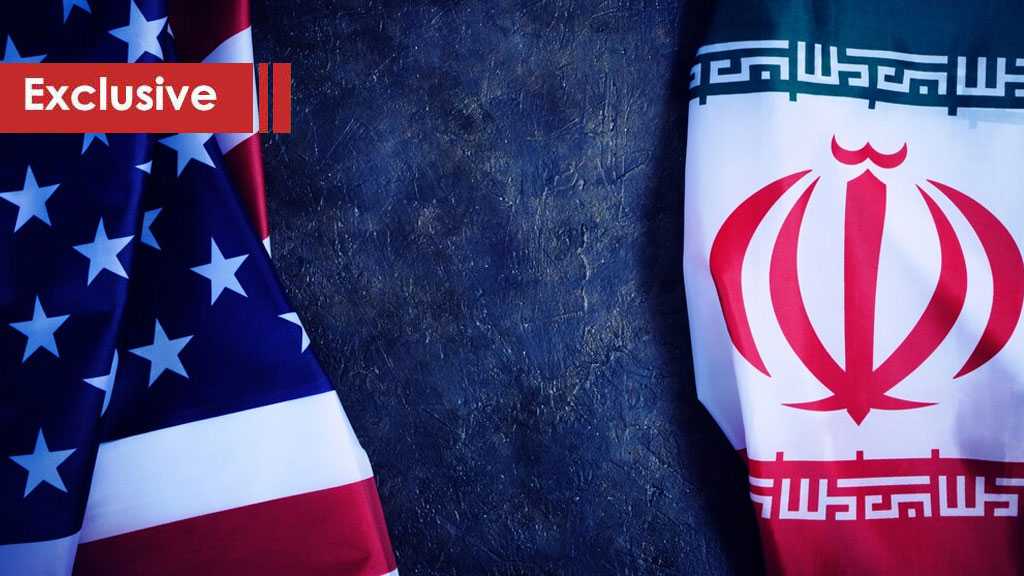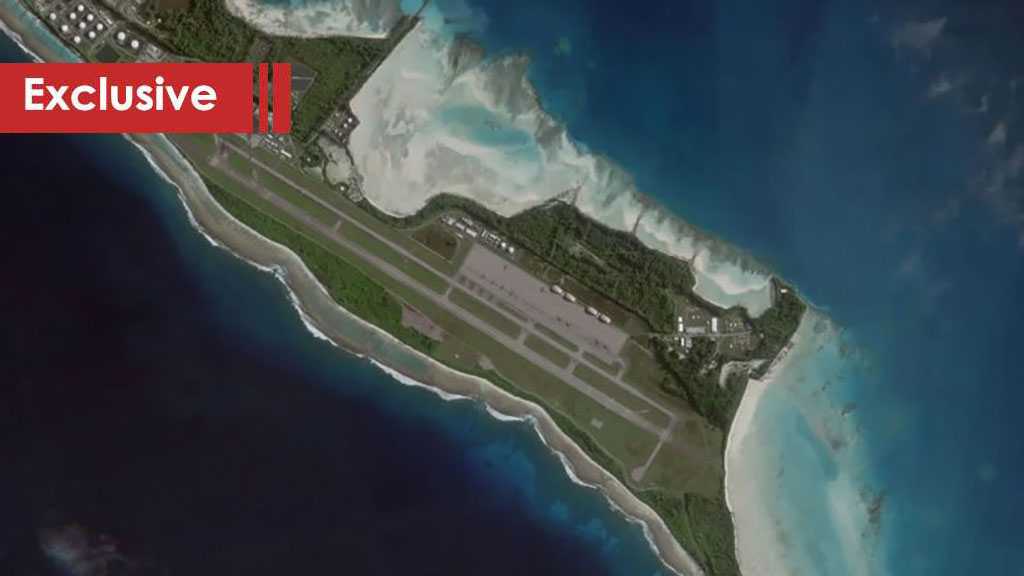The Dawn that Witnessed Son Reunited with Father
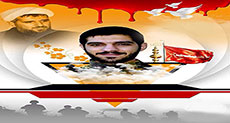
Maysaa Mouqaddem
Who doesn't know martyr Ahmed Yehya named Abu Zarr? He is the chaste Sheikh who devoted his lifetime fighting the "Israeli" enemy in the mountains and valleys of southern Lebanon; his plainness is well known among the Mujahidin.
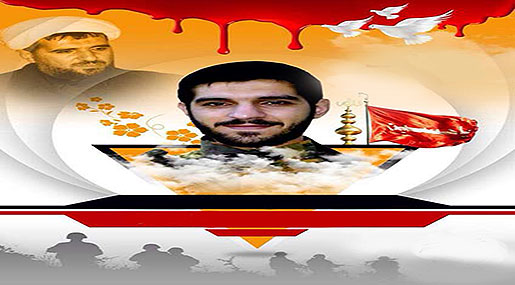
He, who wandered beneath the skies of Jabal Amel for the sake of a dignity that has vanished when Palestine was given up. The Sheikh, who once approached the leader of the Resistance because he did not give him the chance to be among the first martyrs, was granted both victory and martyrdom.
Abu Zarr was pleased by the liberation of the Southern villages, one after the other; but his joy was incomplete, until God awarded him with martyrdom on the Resistance and Liberation Day on May 25, 2000. However, his path did not end there.
Though, resisting the "Israeli" occupation in Lebanon and the terrorist Takfiri enemy is the same; it is one Resistance, one spirit, one cause and indeed one blood.
It was not a letter written in ink nor was it a summary of critiques and analyses; it was an equation anchored in blood by martyr Ahmad Yehya on May 25, 2000, to martyr Ali Ahmad Yehya on the same day 15 years later.
It was the same dawn that witnessed the departure of the son's soul to embrace the soul of his father. It was neither coincidence nor destiny, but blessings of martyrs and Resistance fighters.
A comrade relates Ali's last hours alive and his last eve, before his martyrdom. Among those hills that we see on TV from afar, where Resistance fighters engrave nothing but glory, Ali bid farewell to his companions. But they were not aware of his departure. Perhaps, they recalled those hours, at the dawn that witnessed the rise of Ali's soul.
"The night of his martyrdom, Ali was very vivid, smiling, as he narrated the heroism of his father." It was fate that decided to gather fighters of different generations, that very night, upon that very iota of land. "A comrade of martyr Abu Zarr was present that night. He was telling them how the Sheikh used to call fighters, during a breaking into an "Israeli" outpost, to attack 'criminals'." So, the martyr Sheikh was also present that night.
At the break of dawn, the confrontation took place. Ali "was in the frontline of fighters, moving ahead with great momentum." As if dreaming of his father's face after a long absence, he reiterated the call of Sheikh Abi Zarr: "Let us attack the criminals." Ali fought Takfiris just like his father fought the "Israelis" before.
Just like his father, he led the fighters, and then rose as a martyr. The 27-year-old young man left behind him a mother, a wife, and a four-year-old little girl, who one day shall tell the story of both: her father and grandfather.
One of the daughters of martyr Saleh Harb draws resemblance between Ali and his father. She was raised with her sisters at the house of the Sheikh after her father's martyrdom and her mother's death. [Martyr Saleh is Abu Zarr's brother-in-law].
"Ali looked a lot like his father at everything. He was polite and pure. As to his mother, she used to gaze at Ali's face whenever she missed the Sheikh," she said. Indeed, Ali entailed his father's modesty. After his martyrdom, his personal belongings were returned to his family, proving his plainness.
This is how martyrs always are. Only they are capable of astonishing life. They write tales of dignity, pride, and glory, with their blood. With their martyrdom, they twinkle bright like stars in the sky.
On the path of dignity and glory, a martyr leaves only to meet his martyr father; just like the son of martyr Imad Mughniyeh had joined him, so did Ali-Rida Laqqis, Hassan Ibrahim, and many others.
On the path of pride and freedom, a fighter bids farewell to his mother and children, as he craves martyrdom. Those are the martyrs, who refuse to leave unless they have granted their comrades a smile - indeed the most beautiful of smiles.
Source: al-Ahed News, Translated and edited by website team

